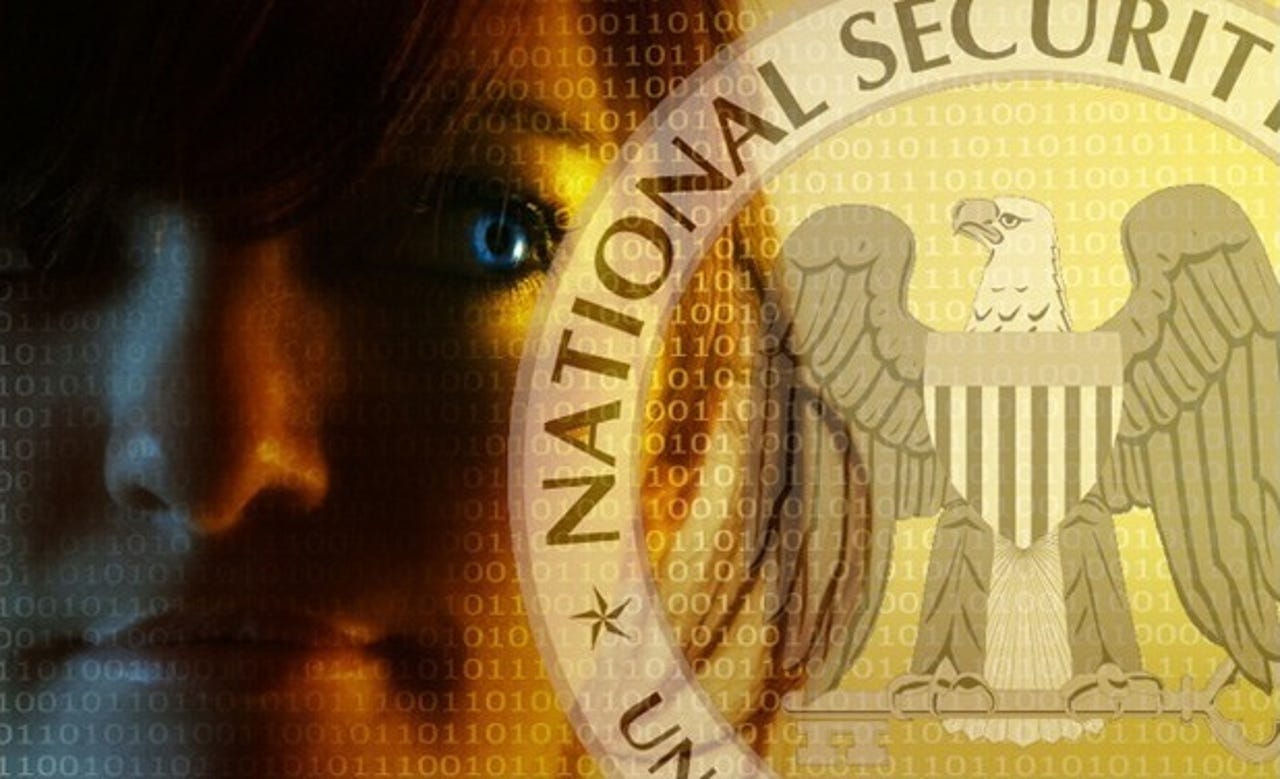Privacy advocates block NSA from destroying phone call records


A judge in San Francisco has stopped the U.S. National Security Agency from destroying millions of telecommunications records collected over five years ago, in case the evidence is needed for pending lawsuits.
On Monday, U.S. District Judge Jeffrey White, the overseer of a lawsuit against the agency alleging invasion of privacy, issued a nationwide block on the destruction of the phone records until March 19, when a hearing will take place to potentially extend the holding of evidence further, and to absolutely decide if the metadata should be kept or destroyed.
Privacy advocates including the Electronic Frontier Foundation (EFF), religious groups, gun organizations and civil rights groups are all plaintiffs within the suit.
Big Brother Is Watching
The agency was prepared to destroy all records over five years old today, but White said "the Court would be unable to afford effective relief once the records are destroyed," especially as it is yet to be ruled whether or not the NSA's intelligence gathering was in fact legal.
The NSA wished to preserve the records for intelligence purposes and for pending civic lawsuits, but the Foreign Intelligence Surveillance Court (FISC) overruled the agency and ordered them destroyed -- as the records, if exposed, would violate the privacy rights of those who had their lines tapped and activities monitored.
Federal agencies requested to store the data for over five years under Section 215 of the Patriot Act, but the presiding FISC judge said the "great majority" of individuals spied upon "have never been the subject of investigation by the FBI."
The National Security Agency (NSA) has been embroiled in criticism and accusations of privacy violations since confidential documents explaining their bulk data collection programs were leaked by ex-NSA contractor Edward Snowden.
On Monday, speaking via teleconference from Russia to the SXSW festival in Austin, Texas, Snowden said he had no regrets over his actions as they sparked a much-needed debate over data collection.
Snowden is currently hiding in Russia after being charged in the U.S. with espionage, and used seven proxies to speak to festival attendees. After accusing governments of "setting fire to the future of the Internet," he encouraged technologists to "really fix things through technical standards," and make bulk data collection more difficult, make applications more secure and make surveillance expensive enough that wholesale spying isn't worth the cost.